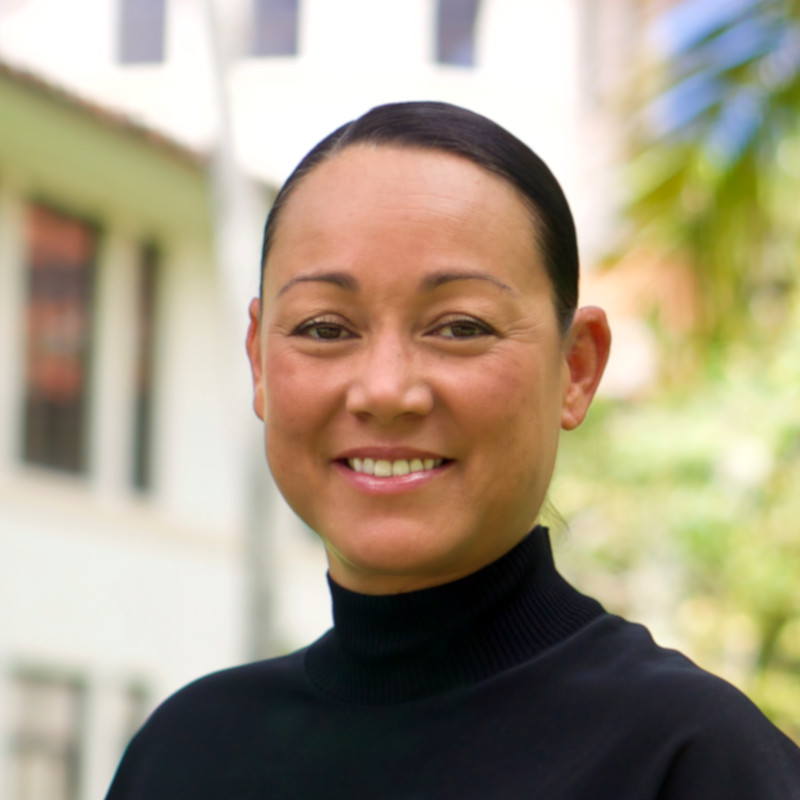
College of Education (COE) Department of Educational Foundations Professor Eileen Tamura recently published her latest book, In Defense of Justice: Joseph Kurihara and the Japanese American Struggle for Equality (University of Illinois Press 2013). In this biographical work, Tamura reveals a history of Japanese Americans during the first half of the twentieth century as lived by Joseph Yoshisuke Kurihara, a controversial dissident in the World War II concentration camps.
An icon of Japanese American resistance, Kurihara stood out and up for the innocent citizens and immigrants who were removed from their homes and incarcerated. Born in Hawaiʻi to Japanese immigrants, he worked hard to make a place for himself as an American through education, conversion to Christianity, and his service in the U.S. Army during World War I. His schooling both nurtured him academically and helped him develop an American identity. Despite anti-Japanese hostility in the 1920s and 30s, Kurihara maintained his optimism about life in America until World War II. After spending years as an inmate at Manzanar, he would renounce his U.S. citizenship, leave for Japan, and never return.
In Defense of Justice examines Kurihara’s educational journey from youth through adulthood, highlighting the ways in which his experiences impacted how he came to perceive himself.
Tamura is a professor and chair of the educational foundations department at the COE. Her research interests include educational history, specifically Asian American and minority issues. Her book, Americanization, Acculturation, and Ethnic Identity: The Nisei Generation in Hawai‘i (1994), examined the education and controversies regarding the children of Japanese immigrants during the decades when Hawai‘i was a U.S. territory. In Defense of Justice reflects similar issues of discrimination, agency, and power. She also published A History of Hawaiʻi (1999) with co-author Dr. Linda Menton.
“I hope that readers will appreciate the ways in which people are educated,” Tamura said. “While formal pedagogy, which happens in schools, is essential, we should not forget what happens outside schools. Other institutions and agencies also educate, as do people, events, and one’s own experiences.”

